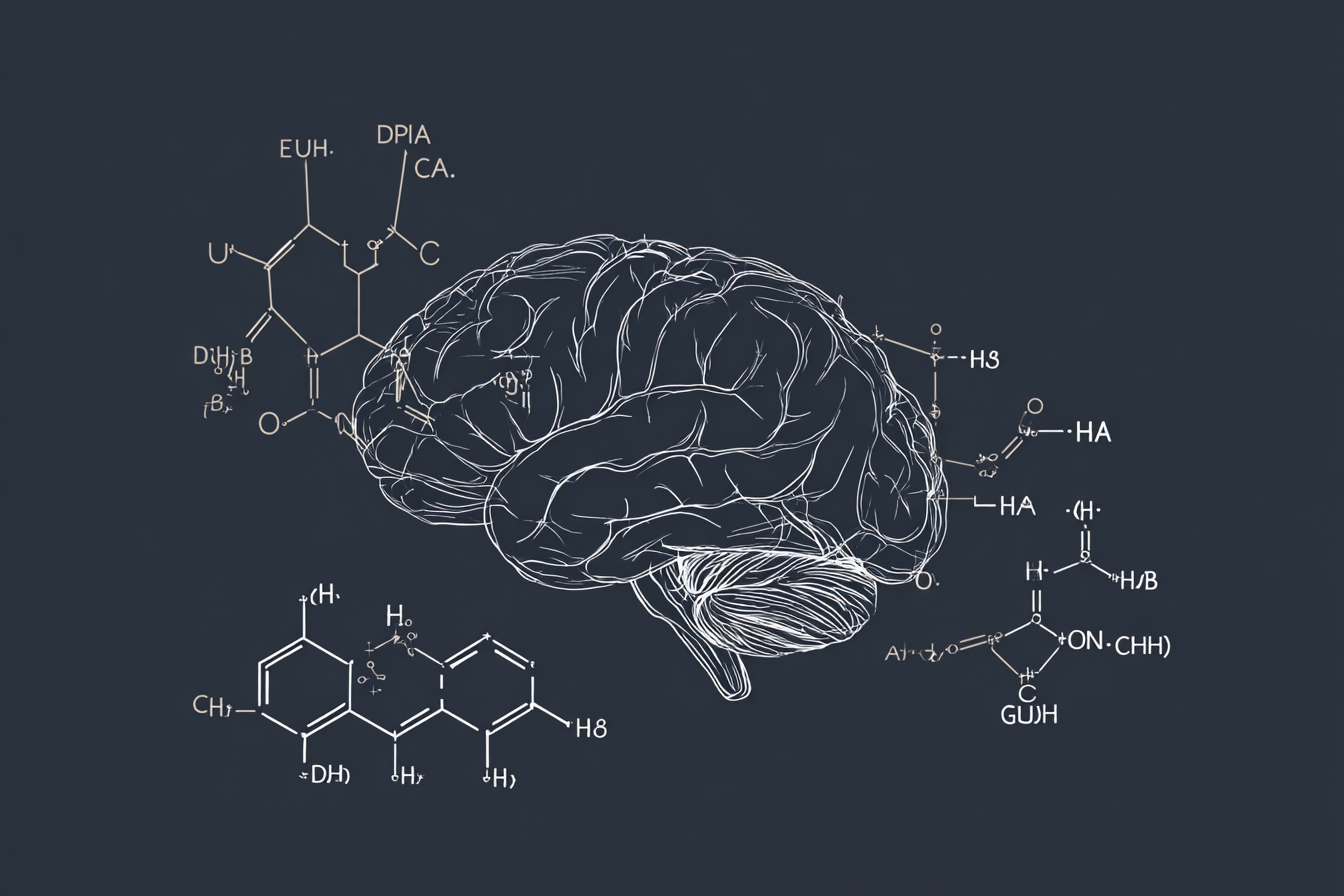
Why Buying from Authorised Channels Matters: A Message from Wassen International
In recent months, we have received questions from customers and healthcare professionals regarding unusually low-priced Wassen products appearing online and

Omega fatty acids, notably Omega-3 (docosahexaenoic acid [DHA] and eicosapentaenoic acid [EPA]) and Omega-6 (gamma-linolenic acid [GLA] and arachidonic acid [AA]), have been extensively studied for their roles in neurological and psychological health. This meta-analysis critically examines existing research to evaluate the efficacy of these fatty acids in various conditions, including mood disorders, cognitive functioning, neurodevelopmental disorders, and neurodegenerative diseases.
EPA and DHA integrate into neuronal cell membranes, facilitating fluidity and permeability, essential for neurotransmission. They modulate neuroinflammatory pathways, reducing pro-inflammatory cytokines and oxidative stress, which have been implicated in numerous neurological disorders.
A significant body of research supports the antidepressant properties of Omega-3 fatty acids. A 2018 meta-analysis involving 26 randomized controlled trials (RCTs) with over 2,000 participants indicated substantial benefits, particularly with EPA-rich formulations (≥60% EPA), showing reduced depressive symptoms (standardized mean difference [SMD] = -0.28; p=0.004) (Liao et al., 2018).
Further, Grosso et al. (2014) analyzed 19 studies (11 clinical depression and 8 subclinical depression), revealing a moderate but consistent efficacy (SMD = 0.38), highlighting that EPA-rich supplements significantly improved depressive symptoms compared to placebo.
Studies investigating Omega-3 supplements, particularly EPA and DHA, in attention deficit hyperactivity disorder (ADHD) reveal modest but promising results. A systematic review indicated small yet statistically significant improvements in attention span, impulsivity, and hyperactivity (Bloch & Qawasmi, 2011). However, efficacy varies across studies, and overall consensus highlights moderate benefits rather than robust clinical changes.
Regarding cognitive decline and dementia, research outcomes have been mixed. Cochrane reviews and meta-analyses have consistently demonstrated limited evidence for reversing cognitive impairment or significantly delaying Alzheimer’s disease progression with Omega-3 supplements. Some studies have shown marginal cognitive improvements in healthy older adults, yet these results lack consistency across various cognitive measures (Mazereeuw et al., 2012).
Omega-6 fatty acids like AA typically induce pro-inflammatory pathways. However, specific derivatives like GLA metabolize into dihomogamma-linolenic acid (DGLA), which generates anti-inflammatory prostaglandins, indicating nuanced biological roles.
Research highlights that GLA supplementation, notably through evening primrose oil, demonstrates efficacy in alleviating diabetic neuropathy and nerve-related discomfort, although robust data on cognitive improvement remains limited. A meta-analysis published in BMC Complementary Medicine and Therapies (2024) emphasized the beneficial anti-inflammatory potential of GLA, yet its application in neurodegenerative diseases remains inadequately explored.
A meta-analytic comparison of Omega-3 and Omega-6 fatty acids across psychological and neurological disorders reveals distinct patterns:
Clinical guidelines recommend EPA-rich Omega-3 supplements (≥60% EPA) at doses around 1 gram per day for depression and mood stabilization. DHA-focused formulations have not demonstrated equivalent efficacy in mood disorders but remain essential for overall brain health.
For Omega-6 supplementation, caution is advised due to the pro-inflammatory potential of AA. Thus, maintaining a balanced ratio between Omega-6 and Omega-3 fatty acids is crucial, ideally ranging from 1:1 to 4:1, contrasting starkly with typical Western diets, which can reach ratios of 10:1 to 30:1, promoting inflammation and associated neurological dysfunction.
Integrating Omega-3 fatty acids, specifically EPA-rich supplements, into treatment protocols for depression can offer substantial adjunctive benefits. Clinicians should consider incorporating these supplements in comprehensive treatment plans alongside conventional antidepressants and psychotherapeutic interventions.
For pediatric populations, Omega-3 supplements may serve as a complementary approach to conventional ADHD treatments, showing modest improvements in behavioral and cognitive symptoms. However, expectations should remain realistic regarding the magnitude of therapeutic outcomes.
Current evidence does not support Omega-3 or Omega-6 supplementation as effective standalone interventions for neurodegenerative diseases like Alzheimer’s. Still, they can potentially contribute to a preventative nutritional strategy emphasizing dietary balance and anti-inflammatory dietary patterns.
Further large-scale, long-term randomized controlled trials are essential to elucidate the specific cognitive and psychological benefits of both Omega-3 and Omega-6 fatty acids. Particularly, studies exploring the potential synergistic effects of these supplements in combination therapies warrant additional investigation.
In conclusion, Omega-3 fatty acids, particularly EPA-rich supplements, exhibit significant potential for treating mood disorders and providing modest benefits in pediatric cognitive and behavioral conditions. Conversely, Omega-6 fatty acids, specifically GLA, show promise in neuropathic and inflammatory disorders but lack substantial evidence supporting cognitive health benefits. Balancing the dietary intake of Omega-3 and Omega-6 remains crucial to optimizing neurological and psychological outcomes. Further rigorous research will be essential in defining precise clinical applications and enhancing therapeutic efficacy.

In recent months, we have received questions from customers and healthcare professionals regarding unusually low-priced Wassen products appearing online and

Introduction: Anxiety, Avocado Toast, and the Gut-Brain Connection As a millennial, stress and anxiety have always been familiar companions. Balancing

Enjoy free shipping when you spend $60 or more on your order.
Enter Voucher Code: firstorderdiscount